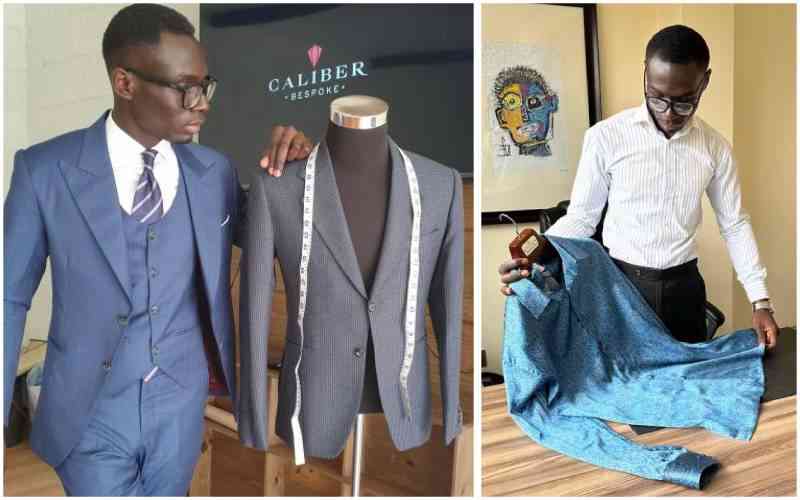×
The Standard e-Paper
Home To Bold Columnists

Silk, a delicate yet strong organic fabric, boasts of a rich history as an apparel of choice for royalty and the world's wealthiest.
A symbol of luxury and excess in ancient times, it gave China the 'Silk Road'- a vast network of trade routes spanning over 6,400kms connecting the country to the West.